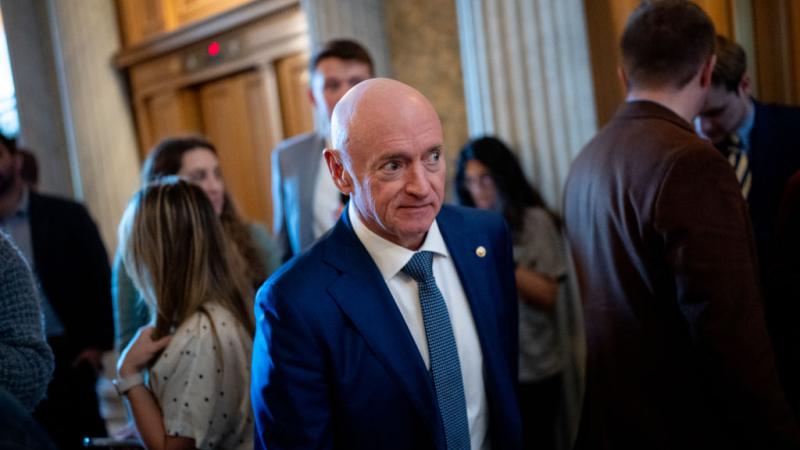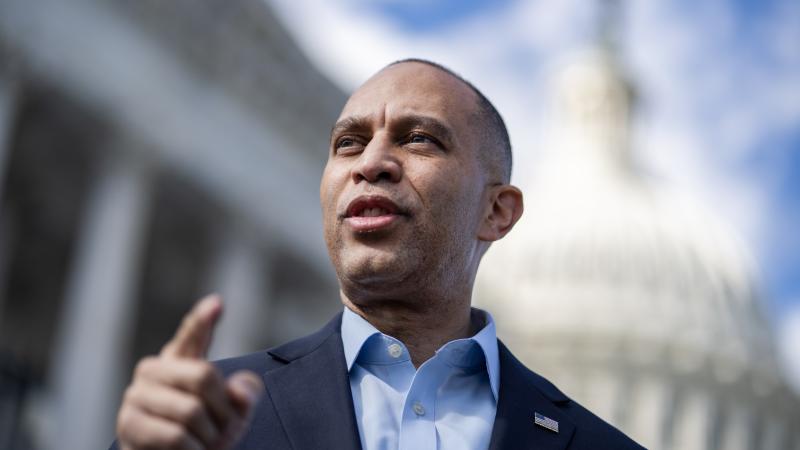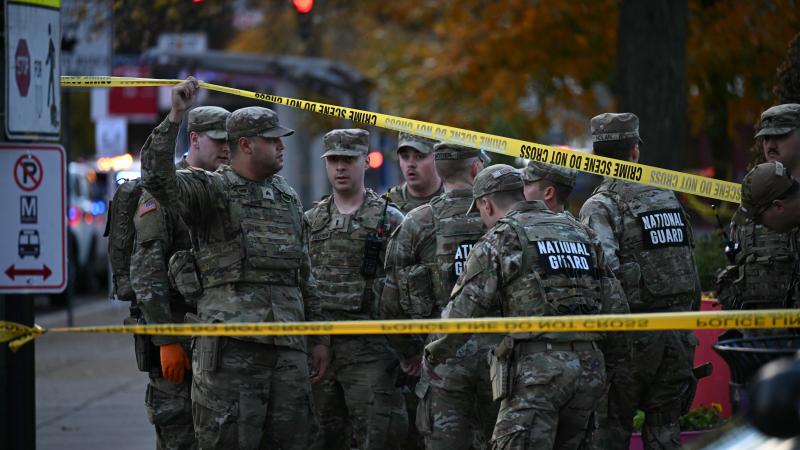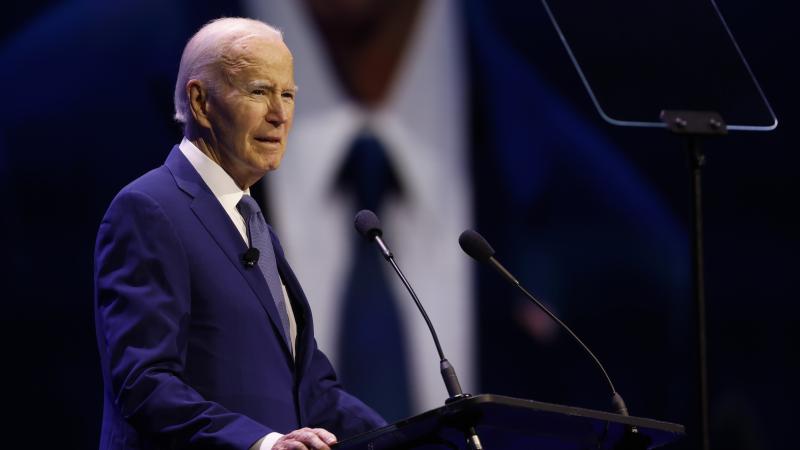Education Department targeting federal student aid scammers nationwide
The audit showed that in 2023, years after California lost $55 billion to fraudulent COVID-19 lockdown-era benefits payments, the state likely made “potentially ineligible payments” of nearly $200 million.
(The Center Square) -
The U.S. Department of Education says it's starting a nationwide effort to crack down on student aid fraud.
The department recently announced its new identity verification requirements, which followed news that more than one-third of California’s community college applications in 2024 were fraudulent. That’s according to the California Community Colleges Chancellor’s Office.
Under an initial, temporary verification process, the U.S. Department of Education is requiring colleges to validate the identity of first-time federal aid applicants who are enrolled this summer.
A permanent screening process is planned to begin this fall for each student who fills out what's officially called the Free Application for Federal Student Aid, the Department of Education said.
The effort is designed to crack down on identity theft and fraud related to federal student aid, the department said.
“Federal Student Aid (FSA) data indicates that the rate of fraud through stolen identities, particularly involving technologically advanced fraud rings, has reached a level that imperils the federal student assistance programs under Title IV of the Higher Education Act,” the department said in a news release.
The department’s actions on verification came after California’s nine Republican representatives in the U.S. House requested an investigation into the state’s fraudulent applications in an April 11 letter to U.S. Secretary of Education Linda McMahon and U.S. Attorney General Pam Bondi.
“Californians deserve a full account of how this was allowed to escalate and what concrete steps are being taken now to contain and resolve it,” the representatives wrote.
"Recent data from the Chancellor’s Office reveals that approximately 34% of community college applications from the last calendar year were fraudulent. These figures only account for those scams that were detected," the congressional members noted. "Alarmingly, fraudulent actors have already siphoned off more than $10 million in federal funds and upwards of $3 million in state aid, according to the California Community Colleges Chancellor’s Office."
One of those who signed the letter, U.S. Rep. Kevin Kiley, R-Rocklin, spoke about the financial aid fraud May 9 on the House floor. Kiley posted a video of that speech in a X post Wednesday that mentions the new U.S. Department of Education crackdown.
“These were not real people, not real students actually seeking a spot at one of our community colleges,” Kiley told the House.
Instead, the congressman said, they were scammers committing financial aid fraud that cost the federal and state governments millions of dollars.
"So we have asked the attorney general and the secretary of education to look into this matter and see why California has not been able to stop this from happening," Kiley said.
The Center Square reached out Thursday to the Governor’s Office and the California Community Colleges Chancellor’s Office, but did not get an immediate response from either.
A report by California Deputy Auditor Linus Li found California failed to comply with certain requirements for seven of 22 federal programs or clusters of programs. The audit showed that in 2023, years after the state lost $55 billion to fraudulent COVID-19 lockdown-era benefits payments, the state likely made “potentially ineligible payments” of nearly $200 million.
In a statement June 6, McMahon addressed “rampant” student aid fraud and said the U.S. Department of Education has a responsibility to act. She noted the fraud is taking aid away from eligible students and “ripping off taxpayers.”
“Today’s actions will implement temporary changes to the current verification process to prevent identity theft fraud,” she said. “We will continue to build longer-term solutions that reduce the administrative burden on institutions and protect American taxpayers who underwrite federal student aid programs.”














